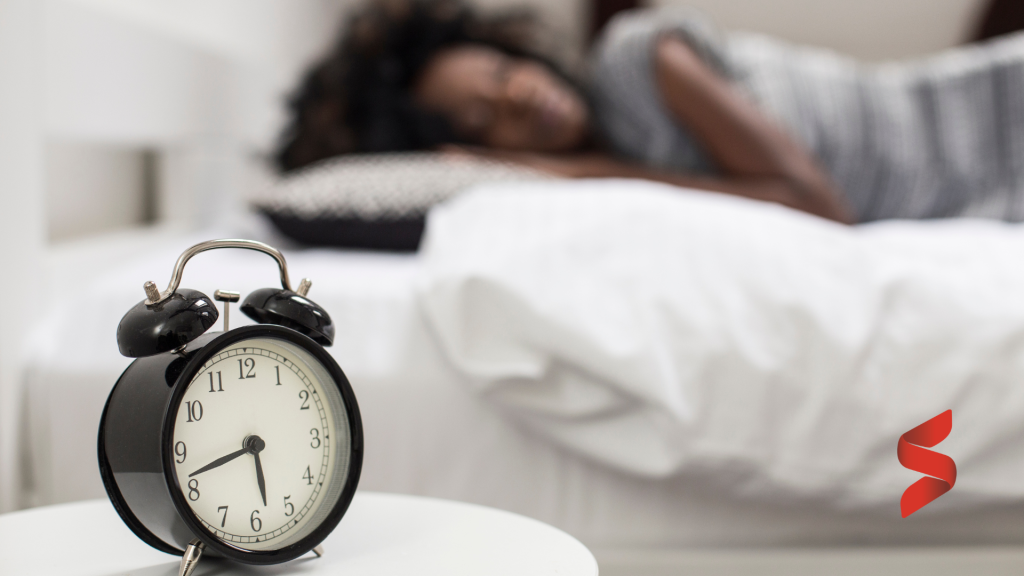Written by Stephanie Sutton, M.D. –
How is your sleep? A recent study has shown that many patients with skin disorders experience impaired sleep. Examples of skin disorders that can affect sleep include eczema, psoriasis, contact dermatitis, hives, dry skin, and even dandruff. Pruritus (itchy skin) often worsens at night around bedtime. This nocturnal exacerbation can interfere with one’s bedtime routine and can inhibit one’s ability to fall asleep and stay asleep.
Poor sleep can lead to fatigue and can impair psychological and social functioning. A recent survey has shown that psychological distress is linked with pruritus intensity and sleep disturbance in patients with chronic skin disorders. Stress itself can lead to skin flare-ups and poor sleep.
Cold weather, dry atmospheres, hot showers, too much bathing, and harsh soaps can worsen dry skin and subsequently itchy skin.
Some ways to improve poor sleep related to discomfort from skin conditions include applying moisturizer, staying hydrated, taking antihistamines if appropriate, taking or applying medications as prescribed, and having a good bedtime routine.
If you are experiencing itchy skin or other symptoms from a skin disorder that may be interfering with your sleep, schedule an appointment with your dermatologist at Sutton Dermatology + Aesthetics to talk about options to decrease itching and improve your quality of life.
Sources: Spindler M, Przybylowicz K, Hawro M, et al. “Sleep disturbance in adult dermatologic patients: A cross-sectional study on prevalence, burden, and associated factors.” J Am Acad Dermatol. 2022. Vol 85; No 4:910-920.

Stephanie Sutton, MD, is a contributing author to the Sutton Dermatology Blog. Stephanie Sutton is a psychiatrist and she focuses on wellness.




Leave a Reply